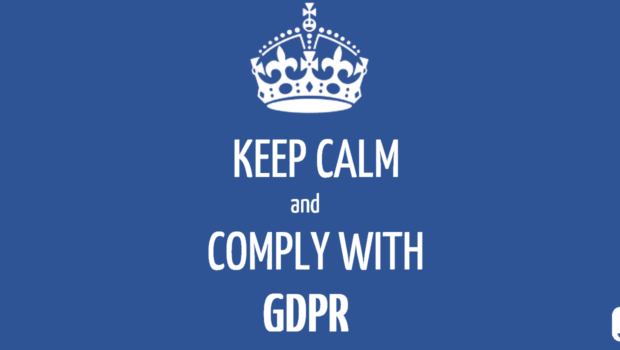The GDPR and Data Protection Impact
The GDPR (General Data Protection Regulation) came into force in May 2018, empowering the European data subjects and individuals by giving them control over their personal data. The main goal of these regulations is to protect the rights of individuals over their data security and transparency. All organizations that operate in EU must establish a data protection strategy that complies with the GDPR standards.
One of the major challenges for organizations when implementing the GDPR policy has been to ensure data integrity. Fortunately, a good storage solution such as Ottomatik has mysql backup procedures that fully GDPR compliant. Below we take a look at how you can use Ottamatik backup solution to ensure you stay on the safe side of the law.
GDPR Compliance Uncertainty
The GDPR is a good thing as it ensures that people can dictate how their personal data is used and handled. However, this means multiple changes for organizations planning to collect and store data of consumers from the EU region. Businesses have to rethink of how they handle personal data and accomplish their goal, while protecting the privacy of their consumer data. Though most businesses operating in EU countries are aware of the GDPR, but the majority are still confused on how to implement some changes to ensure full compliance.
One of the major impact will be on how companies store and back up data. According to the GDPR, businesses need to restore personal data as quickly as possible in the event of data loss through technical or physical incidents. Therefore, it is critical for your organization to install effective backup solutions to ensure access and availability of data. Besides, backups have always been vital for companies in emergency planning and data security. While backup solutions remain a major challenge for most organizations, GDPR adds backup and storage limitations making it even harder for the majority. Below are some of the concerns for most companies:
GDPR Data Storage and Backup Concerns:
- Determining the type of data to save or delete – This creates a conflict between availability and ‘the right to be forgotten’.
- Identification, access and management of personal data from backup files or data archives.
- Finding the right tool for real-time data monitoring.
- Reliability of third-party storage and backup solutions/services.
- Possibility of deleting data which could be useful in the future.
The above concerns require the companies to make two critical decisions while handling personal data:
- How to protect backup files.
- Keeping only useful data for as short time as it is needed.
Implementing GDPR Compliant Backup with MySql Backup
Backup is part of the normal IT security practice to enhance data confidentiality, availability and integrated. In addition to this purposes, GDRP requires data protection officers to backup data in a format that allows identification of the subjects for a period that the data will be needed. After serving the intended purpose, the data must be deleted from the backup.
When choosing a plan for mysql database backup practice, you need to choose a solution that enables your data controller to backup personal data in a GDRP compliant manner. Some of the key features you need to consider include:
- Data subject and source identification – Clarification of all personal data and their sources across all platforms like the website, mobile app, and cloud services.
- Backup schedule settings – Defining the data or system to backup, the backup method, backup frequency and the period that the data will stay in the backup archive.
- Backup organization feature – Allows you to arrange the backup in a way that supports a separate backup archive for every data subject. This allows deletion of personal data for a specific user without interference with other users’ records.
- Data encryption feature – Backup files should be encrypted to ensure safety of data. The location of storage and the backup storage should also be secure.
Conclusion
When choosing the right Mysql backup services you need to consider features that make it easier for you to be fully GDPR compliant. One of the key things is to ensure that consumer data is always available and accessible even after a physical or technical data loss event. Moreover, you need to focus on the security of the backup files as well as the structure, which can allow partial deletion of data without affecting other useful records.

















